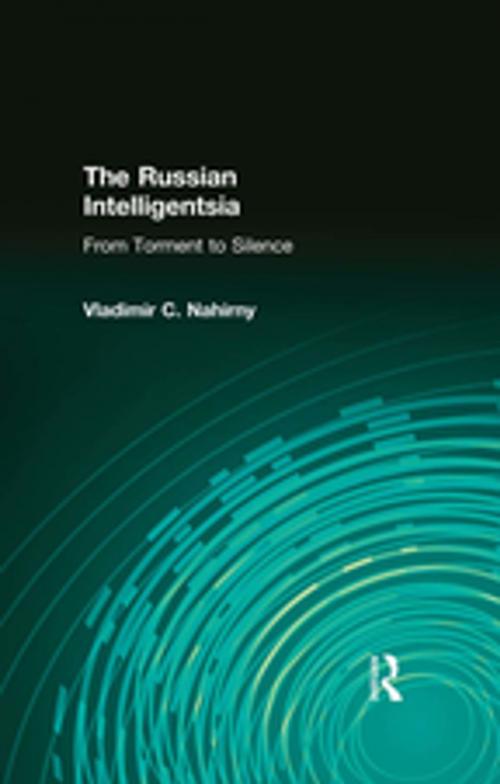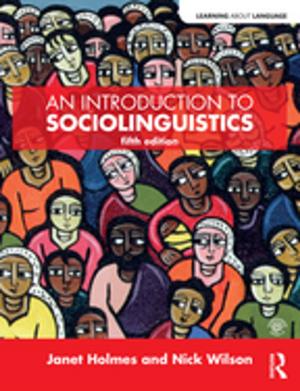The Russian Intelligentsia
Nonfiction, Social & Cultural Studies, Social Science, Sociology, History| Author: | Vladimir C. Nahirny | ISBN: | 9781351318624 |
| Publisher: | Taylor and Francis | Publication: | February 22, 2018 |
| Imprint: | Routledge | Language: | English |
| Author: | Vladimir C. Nahirny |
| ISBN: | 9781351318624 |
| Publisher: | Taylor and Francis |
| Publication: | February 22, 2018 |
| Imprint: | Routledge |
| Language: | English |
Vladimir C. Nahirny's brilliant study of major issues in Russian social and intellectual history synthesizes historical and sociological perspectives in an analysis of the nineteenth century Russian intelligentsia. He clarifies the concept of the intelligentsia itself, analyzes findings bearing on the social origins of different generations of intelligentsia, and enlarges understanding of conditions that facilitated the emergence of ideological groups among them. The Russian Intelligentsia develops a conceptually focused view of this distinct social group, arguing that the Russian intelligentsia can best be understood on the basis of orientation to ideas rather than on social or occupational position.
Rather than simply providing an intellectual history or biographical sketches of major figures, Nahirny illuminates these concepts through data, creating an immersive context unlike other discussions of these groups. This book was, and will be, of interest to those interested in the problematic and contradictory social-political roles of intellectuals during this time.
Vladimir C. Nahirny's brilliant study of major issues in Russian social and intellectual history synthesizes historical and sociological perspectives in an analysis of the nineteenth century Russian intelligentsia. He clarifies the concept of the intelligentsia itself, analyzes findings bearing on the social origins of different generations of intelligentsia, and enlarges understanding of conditions that facilitated the emergence of ideological groups among them. The Russian Intelligentsia develops a conceptually focused view of this distinct social group, arguing that the Russian intelligentsia can best be understood on the basis of orientation to ideas rather than on social or occupational position.
Rather than simply providing an intellectual history or biographical sketches of major figures, Nahirny illuminates these concepts through data, creating an immersive context unlike other discussions of these groups. This book was, and will be, of interest to those interested in the problematic and contradictory social-political roles of intellectuals during this time.















